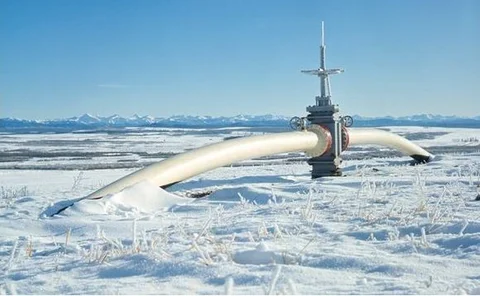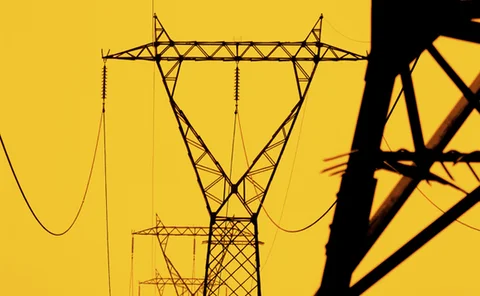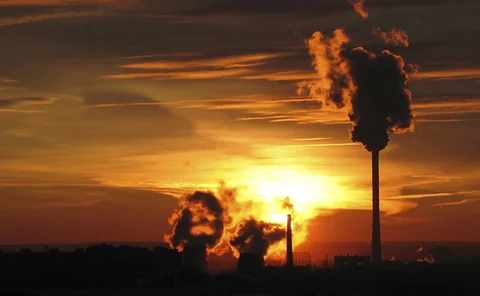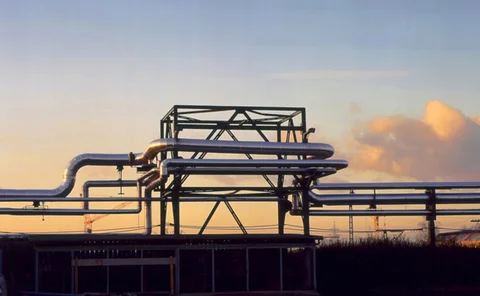
Stella Farrington
Stella Farrington has been writing about developments in energy markets for over 20 years, working at Futures World News and Dow Jones Newswires before moving to Energy Risk in 2004. She spent eight years as the editor of Energy Risk and six years as a writer, before moving into her current role, in 2018, as Energy Risk’s head of content.
Follow Stella
Articles by Stella Farrington
Firms weigh benefits as EU power market coupling expands
Day-ahead power market coupling has been in operation across the North West Europe region for over a year. To what extent has it helped prices converge, and what are the next steps aimed at bringing Europe’s electricity markets closer together?
Oil collapse fails to dent zeal for hub-based gas pricing
In recent years, European buyers of natural gas have pushed strongly in favour of contract pricing based on the continent's gas hubs, rather than more traditional formulas linked to the price of oil. Given the huge drop in crude prices, has this stance…
Icap Energy’s Francis wrestles with regulatory change
Icap Energy's new head of energy and commodities in Europe faced tough decisions in his first few months of the job
Oil indexation battle continues despite oil collapse
Europe’s utilities are still pushing for hub-based natural gas prices amid the recent collapse of crude oil
Power capacity mechanisms worry EU electricity traders
Power traders are concerned that a growth of interest in capacity mechanisms could threaten the potency of traded electricity markets across the European Union, while disrupting plans to forge a unified internal energy market
Capacity mechanisms spark concern from power traders
Zest for subsidies could threaten plans for unified EU electricity market, argue power traders
Regulation makes data top concern for energy traders
IT teams are playing a vital role in helping energy traders comply with regulation, improve the quality of internal reporting and manage with lower technology budgets. But they face big challenges, particularly when it comes to integrating data
Energy trading firms unready for Remit, survey finds
IT systems not geared for trade reporting under EU anti-manipulation law
CDM future in doubt amid changes to EU carbon rules
UN developing country scheme being slowly suffocated, firms say
Energy traders shun trade surveillance, survey finds
Result comes despite tougher rules on market manipulation and abuse
EU ETS to become bigger priority for industrials
Back-loading and structural reforms to Europe’s carbon market are set to collide with a reduction in free allowances, making life tougher for the continent’s polluters. Market participants hope this will engender an increased focus on risk management and…
Carbon trading firms positive about future of EU ETS
Carbon market participants are optimistic about the future of the European Union Emissions Trading System due to solid political backing from Brussels, a survey by Energy Risk suggests
Battery storage to transform power market models
The development of economical battery storage could rewrite the rules of electricity trading and create a need for newer and more sophisticated models, say market participants
Energy Risk Software Survey & Rankings open for voting
Your chance to participate in Energy Risk's annual energy trading and risk management software survey and rankings
Energy evolution set to reshape risk management
During the next 20 years, the energy industry is expected to undergo transformational technological change, shaking up traditional patterns of correlation between different energy markets and creating demand for new types of instruments and more…
Commodity trading firms piece together Mifid II jigsaw
Mifid II is certain to have a big impact on commodity trading firms, but market participants say that piecing together the precise effect of the legislation is difficult due to undefined terms and its complex links with other European rules. Stella…
Mifid II commodities impact to hinge on trading venues
The evolving definition of an organised trading facility under Mifid II is worrying commodity market participants due to its critical role in determining whether certain energy trades fall under financial rules
Utility firms struggle to fend off Emir clearing
Europe’s largest utilities are concerned at the prospect of having to clear all their over-the-counter derivatives trades under the European Market Infrastructure Regulation (Emir). But although there are options for avoiding clearing under Emir, whether…
Utilities face pressure to clear OTC derivatives
Utilities are trying to avoid OTC derivatives clearing under Emir, but industry observers say bank capital requirements and rules on non-cleared derivatives may yet force them to clear their trades
European gas trading has bright future, panel says
Natural gas is staging a comeback in Europe after being squeezed out by coal during the past few years, according to a panel of market participants who spoke at Energy Risk Summit Europe
Panel bemoans impact of EU regulation on energy market
Worries about the impact of EU financial rules, such as Emir and Mifid II, are highlighted among a panel of compliance experts at Energy Risk Summit Europe
Energy companies divided on approach to Emir clearing
European utilities are concerned about breaching Emir thresholds requiring firms to clear their OTC derivatives trades, while oil majors are resigned to the idea
Energy firms face Emir confirmation challenge
A looming deadline for confirming OTC derivatives is expected to cause problems for smaller energy firms, which may find themselves blocked from trading with bigger counterparties
CpML to foster standardisation among energy traders
First developed by Efet, CpML is a standardised language for the storage and exchange of commodity data, which could help reduce the industry’s high levels of operational risk. As a new standalone entity takes over the running of CpML, Filip Sleeuwagen,…






















